Capturing Reflections: A Photography Journey Through Valencia’s City of Arts and Sciences
Posted on 18/9/25
Arriving at an Architectural Wonderland
Nothing quite prepares you for the scale and audacity of the City of Arts and Sciences. Emerging from Valencia's urban fabric like something from a distant future, this complex stretches along the former riverbed of the Turia River in a symphony of white concrete, steel, and glass. Each structure seems to defy conventional architectural logic—the Hemisfèric resembles a giant eye opening and closing, while the Science Museum's skeletal framework reaches skyward like the ribcage of some prehistoric creature.
But it was the water that immediately caught my photographer's eye. The complex is built around a series of reflecting pools that transform these already extraordinary buildings into something truly magical.
The Dance of Light and Reflection
Early morning proved to be golden hour in more ways than one. Arriving just after sunrise, I found the reflecting pools mirror-still, doubling the visual impact of every structure. The Hemisfèric's iconic eye-like form created perfect circular reflections, while the Science Museum's angular supports formed intricate geometric patterns in the water below.
The real magic happened as the sun climbed higher. The white concrete surfaces began to glow, and the interplay between shadow and light created abstract compositions that shifted by the minute. I found myself moving constantly, circling each building to discover new angles where the architecture fragmented and reassembled into pure form and pattern.
Finding Abstraction in Concrete Reality
While the grand architectural statements are undeniably impressive, some of my favourite captures came from focusing on the details. The repetitive elements—the rhythmic arches of the Science Museum, the flowing lines of the Palau de les Arts Reina Sofía—created opportunities for abstract compositions that emphasised pattern, texture, and the play of positive and negative space.
The key was learning to see past the buildings' intended functions and instead view them as sculptural elements in a vast outdoor gallery. Close-up shots of the Hemisfèric's overlapping panels created geometric abstractions, while the Science Museum's support structures formed dramatic leading lines that drew the eye deep into the frame.
Capturing Reflections: A Photography Journey Through Valencia’s City of Arts and Sciences 1
Capturing Reflections: A Photography Journey Through Valencia’s City of Arts and Sciences 1
Capturing Reflections: A Photography Journey Through Valencia’s City of Arts and Sciences 1
Capturing Reflections: A Photography Journey Through Valencia’s City of Arts and Sciences 1
Capturing Reflections: A Photography Journey Through Valencia’s City of Arts and Sciences 1
The Challenge of Scale and Perspective
Photographing architecture this ambitious presents unique challenges. These buildings are designed to be experienced from multiple viewpoints—they're meant to be walked around, approached from different angles, seen from both far and near. Capturing that sense of scale and three-dimensional complexity in a two-dimensional photograph requires careful consideration of foreground, middle ground, and background elements.
The reflecting pools became essential compositional tools, not just for their mirror effects but for providing foreground interest and helping establish the massive scale of the structures. Including people in select shots helped convey just how monumental these buildings are, though I found the most compelling images often eliminated human scale entirely, allowing the architecture to exist in its own timeless realm.
Light as Co-Creator
As the day progressed, I watched the complex transform. The harsh midday sun created dramatic shadows that carved the white surfaces into bold geometric shapes. Late afternoon brought warm light that softened the concrete's severity and created more nuanced tonal relationships. Each lighting condition revealed different aspects of Calatrava's vision.
The blue hour proved particularly rewarding. As artificial lighting began to illuminate the structures from within, the buildings took on an otherworldly quality. The Hemisfèric's interior lights created a glowing orb effect, while the Science Museum's internal illumination highlighted its skeletal structure like an X-ray.
Beyond Documentation: Creating Art from Architecture
While it would be easy to simply document these remarkable buildings, the real photographic opportunity lay in interpretation. The City of Arts and Sciences provides such rich visual material that every photographer will see something different. My focus on reflections and abstractions was just one approach to this architectural wonderland.
The experience reminded me why I'm drawn to places where human creativity intersects with natural elements. Here, Calatrava's flowing forms seem to channel the movement of water and wind, while the reflecting pools blur the boundaries between built and natural environments. The result is a space that feels both utterly contemporary and somehow timeless.
Capturing Reflections: A Photography Journey Through Valencia’s City of Arts and Sciences 1
Capturing Reflections: A Photography Journey Through Valencia’s City of Arts and Sciences 1
Capturing Reflections: A Photography Journey Through Valencia’s City of Arts and Sciences 1
Capturing Reflections: A Photography Journey Through Valencia’s City of Arts and Sciences 1
Capturing Reflections: A Photography Journey Through Valencia’s City of Arts and Sciences 1
The Photographer's Valencia
Valencia itself proved to be a photographer's dream beyond just the City of Arts and Sciences. The contrast between the ultra-modern complex and the historic city center created opportunities to explore themes of time, progress, and cultural identity. But for pure visual impact and creative inspiration, few places can match this architectural marvel.
For any photographer drawn to the intersection of architecture, light, and reflection, the City of Arts and Sciences offers an almost inexhaustible source of inspiration. Every visit reveals new angles, new relationships between forms, and new ways of seeing these extraordinary structures. It's the kind of place that changes not just your photography, but your understanding of what's possible when human imagination is given free rein.
As I packed up my gear after two full days of shooting, I realised I'd barely scratched the surface. Valencia's City of Arts and Sciences isn't just a destination—it's a masterclass in seeing, a laboratory for creativity, and a reminder of why we pick up our cameras in the first place.
Capturing Reflections: A Photography Journey Through Valencia’s City of Arts and Sciences 1
Capturing Reflections: A Photography Journey Through Valencia’s City of Arts and Sciences 1
Capturing Reflections: A Photography Journey Through Valencia’s City of Arts and Sciences 1
Capturing Reflections: A Photography Journey Through Valencia’s City of Arts and Sciences 1
Capturing Reflections: A Photography Journey Through Valencia’s City of Arts and Sciences 1
You Might Also Like...

Posted on 13/1/26
A Winter Wildlife Adventure in the Scottish Highlands
The Scottish Highlands in winter are nothing short of magical, and I recently had the privilege of experiencing this wilderness firsthand on a four-day wildlife photography expedition around Inverness with the exceptional Karen Miller, a renowned wildlife photographer whose expertise transformed what could have been a challenging trip into an unforgettable adventure.
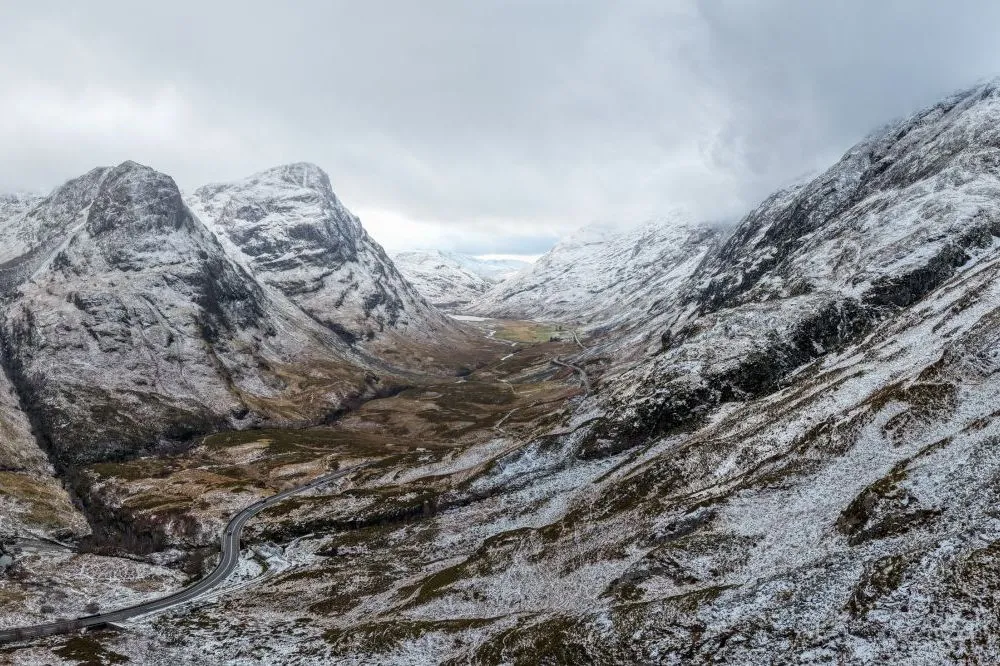
Posted on 13/1/26
A Highland Winter Journey
The Scottish Highlands in winter are not for the faint-hearted. When Paula and I set out from Glen Coe with our Mavic Pro 4 drones packed securely in our bags, we knew the weather would be as much a part of the story as the landscape itself.
En route to Inverness for a five-day wildlife photography workshop with the renowned Karen Miller, what followed was a journey through some of Scotland's most dramatic terrain, where ancient mountains meet changeable skies, and every turn in the road reveals another breathtaking vista.
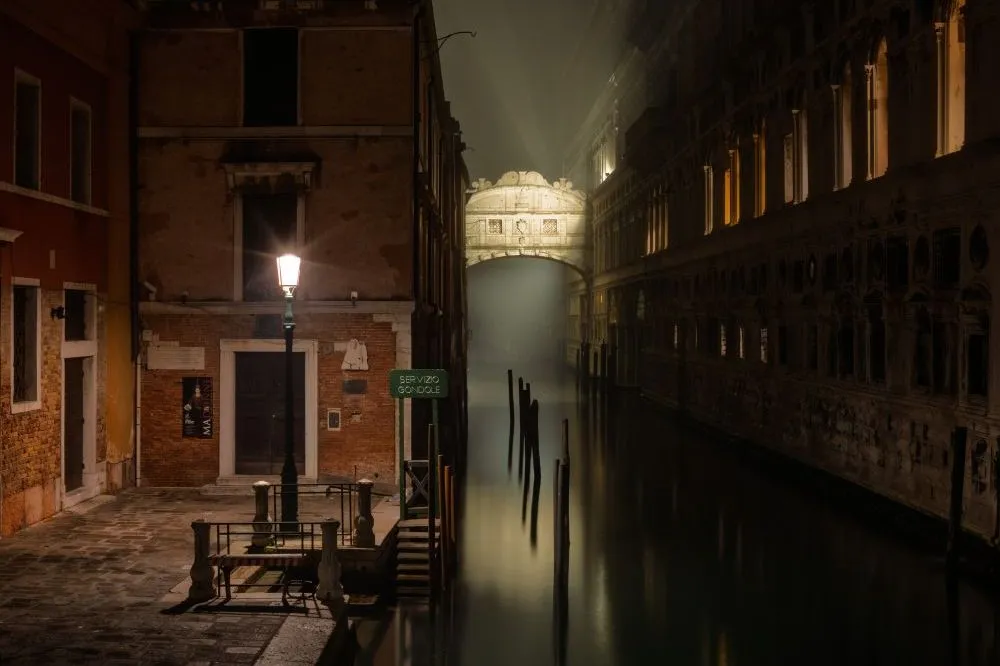
Posted on 14/12/25
Venice Through the Square Frame.
This was my sixth visit to Venice, and yet the city continues to reveal itself in new ways. Four days of early mornings, atmospheric mist, and the distinctive click of my Hasselblad—this time, I was determined to see La Serenissima through the square format's unique perspective.

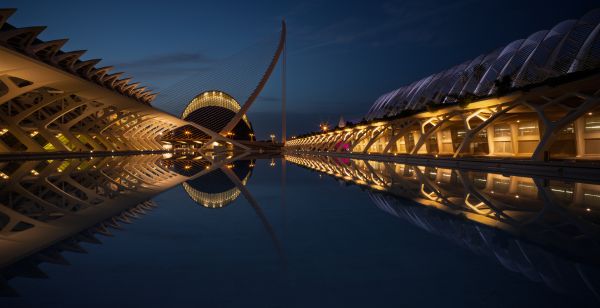




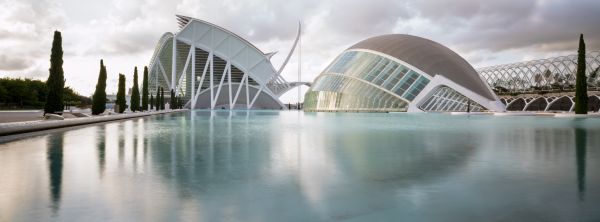
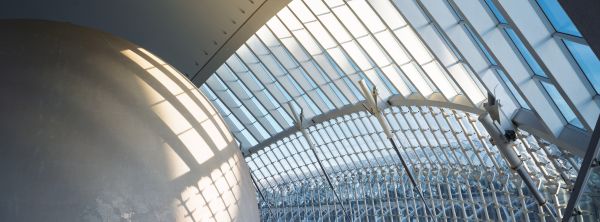
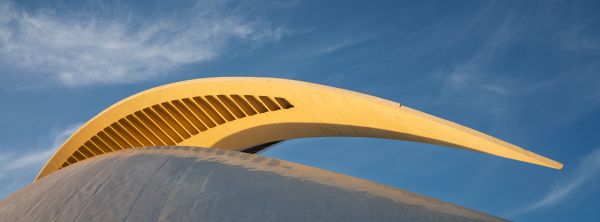
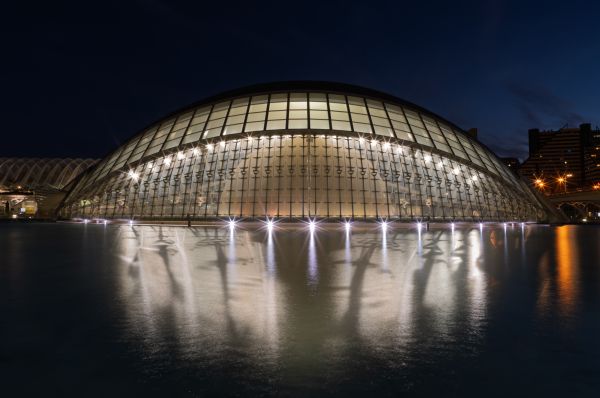
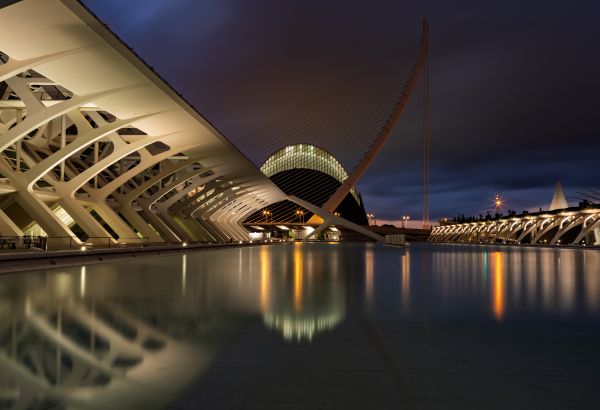
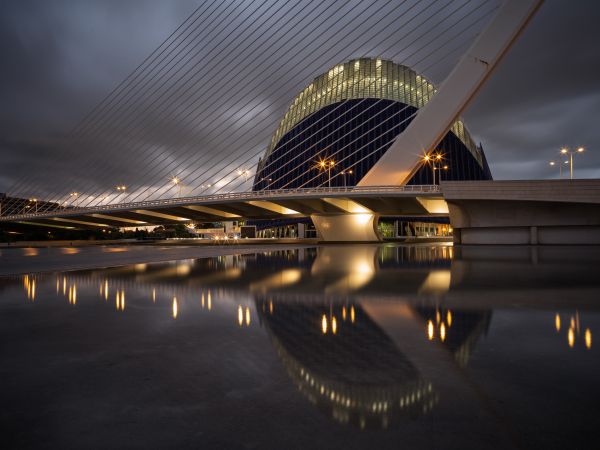
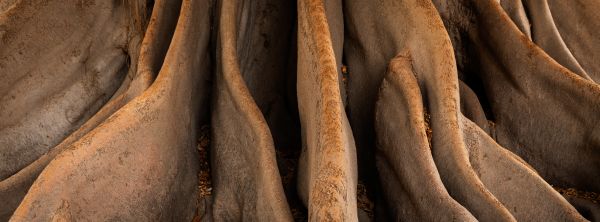
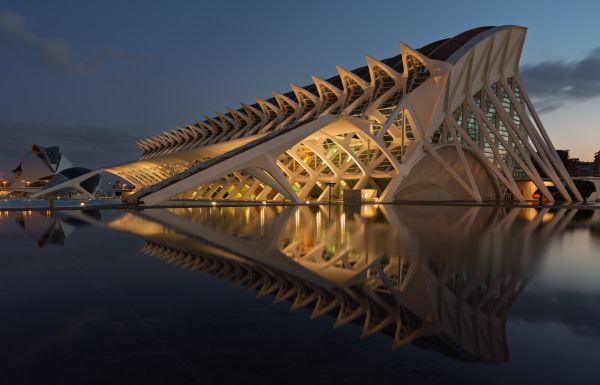
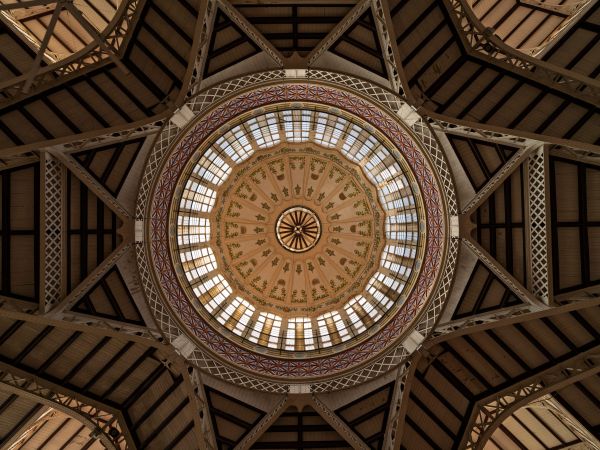
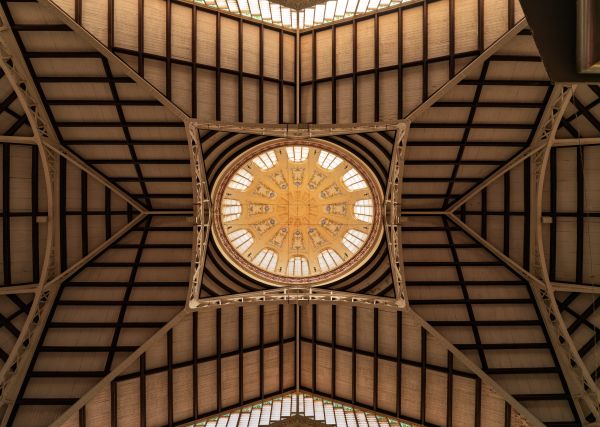
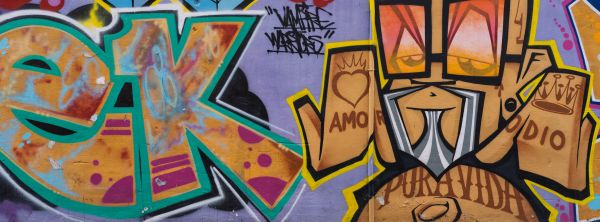
Leave A Comment
Please submit your comment below. No registration required.